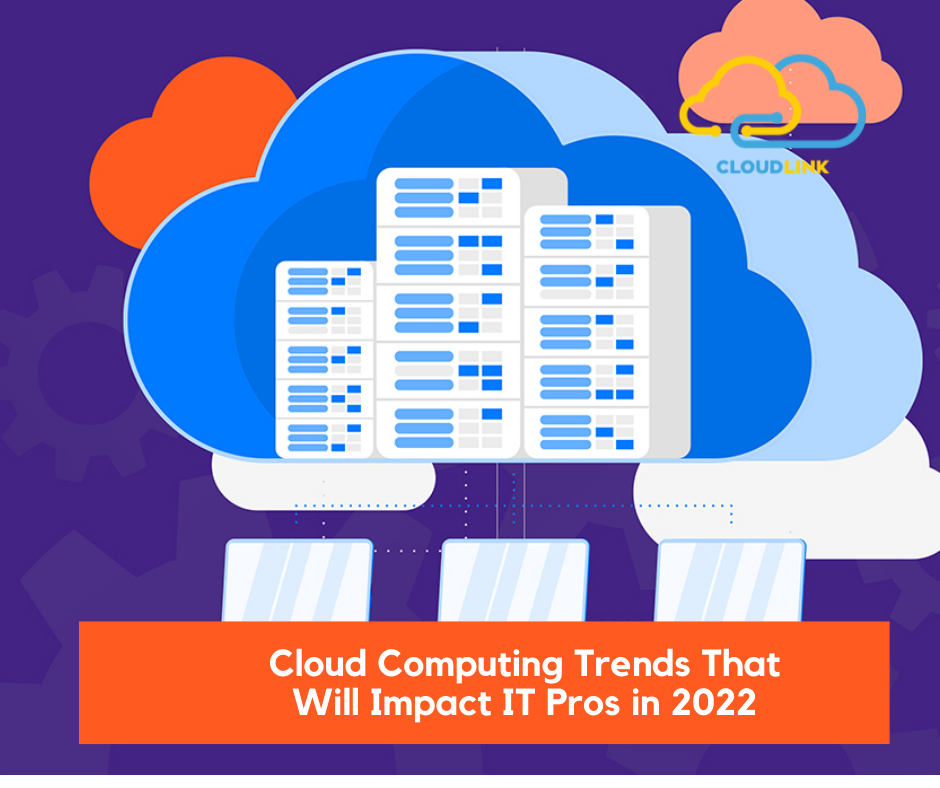If 2021 was any indication, demand for cloud computing will continue to expand in 2022. While cloud computing was gaining traction prior to COVID-19, remote work challenges and resource constraints during the pandemic helped accelerate cloud computing trends.
expects enterprise spending on cloud infrastructure services to race past the $200 billion milestone in 2022.

In 2022, cloud usage will undoubtedly grow, and so too will three nascent cloud computing trends that became increasingly prominent in 2021.
Containers and Cloud-Native Tech Will Grow in the Cloud
What is it? One of the key cloud computing trends to look for in 2022 is the growth of containers, which like Docker, provide a portable and agile way to deploy and manage virtual computing applications in the cloud. With a container, an application workload can run across different clouds and even in hybrid deployments on-premises. The primary method by which users and cloud providers enable containers is via a Kubernetes container orchestration-based platform.
Who benefits from it? End-user organizations benefit the most from a container-based approach to cloud workload deployments. Rather than being locked into a single cloud provider platform, a container-based cloud-native approach enables workloads to be deployed across a multicloud or hybrid cloud solution.
Where can you get it? Today, every major public cloud provider has a container service. Microsoft has the Azure Kubernetes Service (AKS), Google has the Google Kubernetes Engine (GKE), and Amazon has the Elastic Kubernetes Service (EKS).
Hybrid Cloud from Public Cloud Vendors
What is it? Hybrid cloud enables the integration of both on-premises and public cloud computing resources. Hybrid cloud often is also part of a multicloud strategy, where an organization chooses to deploy resources on-premises and across multiple public cloud providers.
Why are people paying attention to it now? For the last few years, hybrid cloud was championed by technology vendors that sold on-premises technologies, but now public cloud vendors are offering cloudlike experiences on-premises, according to Jesse Stockall, chief architect of cloud management at Snow Software.
“This is not a good or bad thing, but as companies decide how they will approach their hybrid cloud strategy, they need to consider how much control they want to maintain,” Stockall told ITPro Today. “By handing their private cloud to a public cloud vendor, companies may lose some control and ability to customize, but they will gain a unified, consistent private cloud experience.”
Who benefits from it? End-user organizations benefit from getting hybrid cloud options from the public cloud vendors as it provides consistency. The public cloud vendors benefit as it provides another revenue stream.